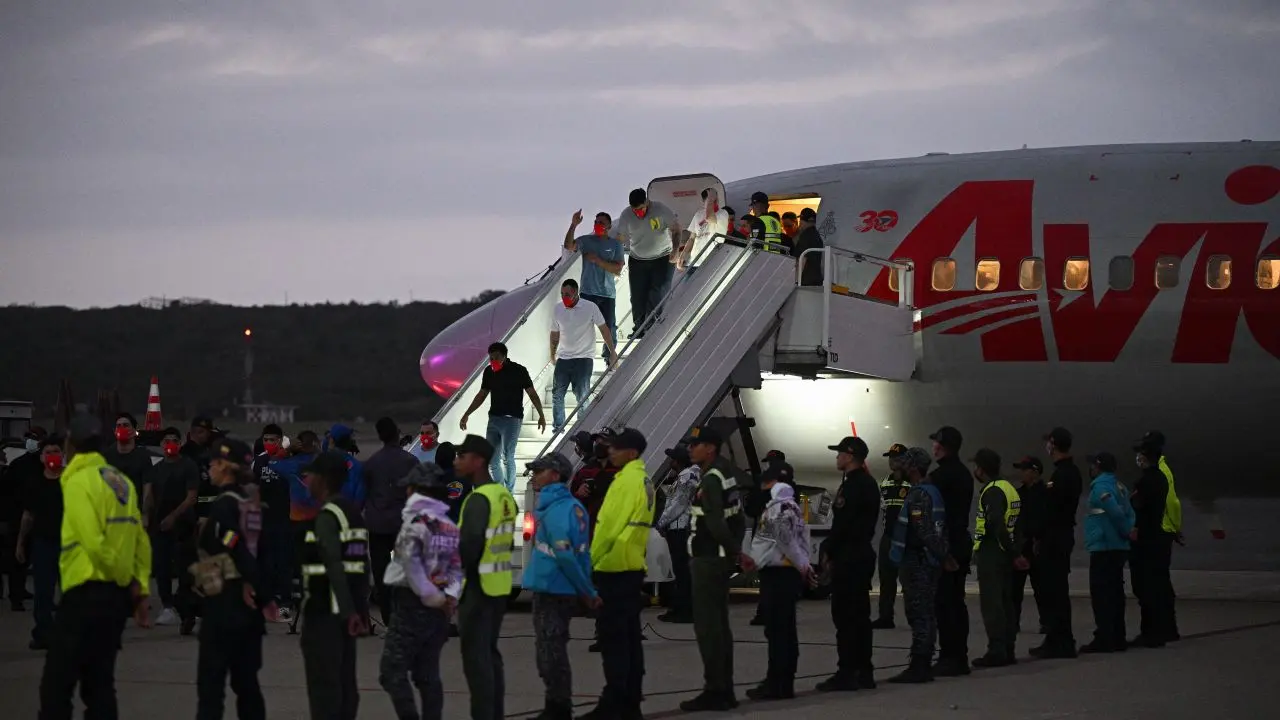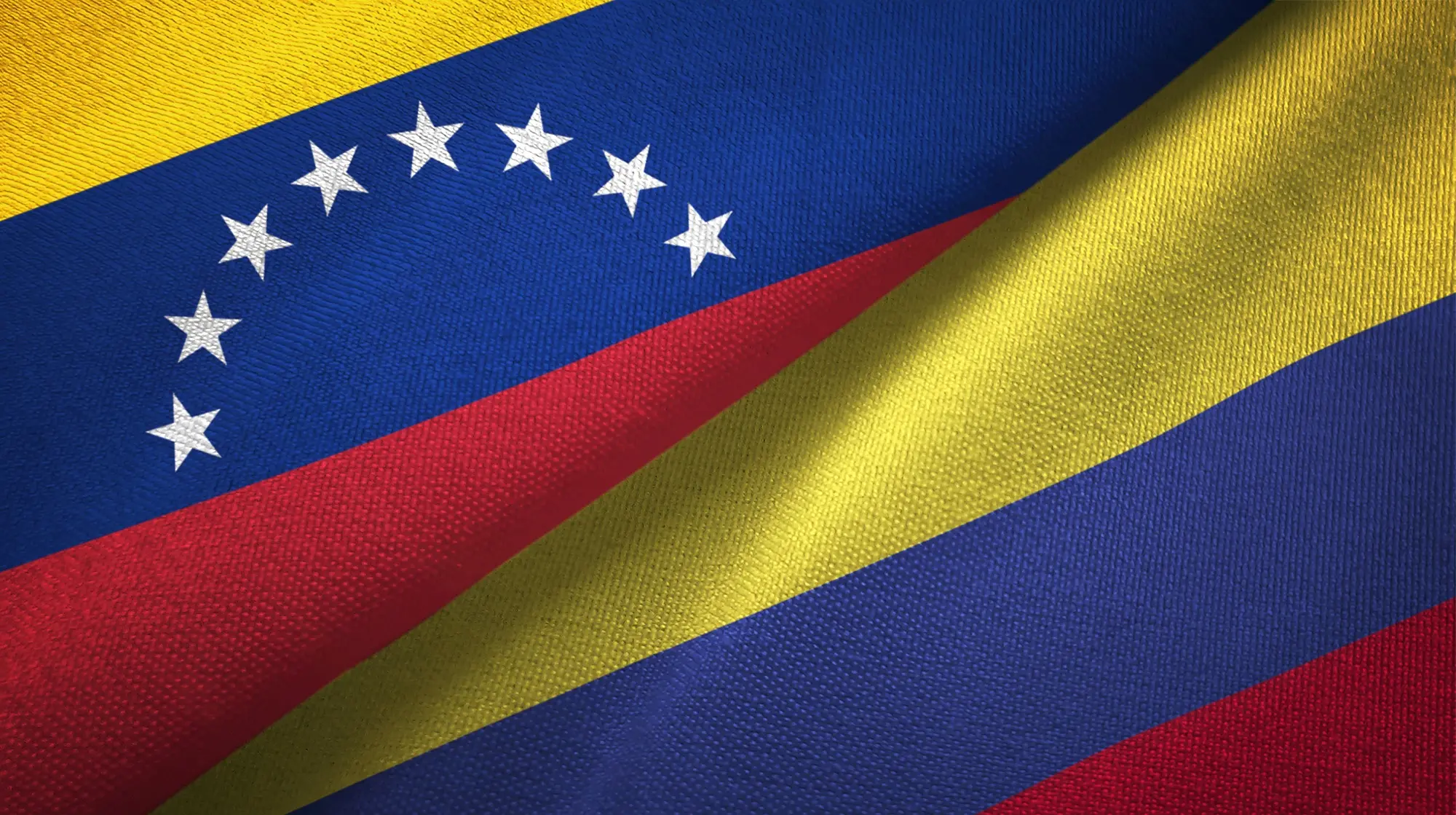Venezuelan VP Rodriguez Meets With the ICC Deputy Prosecutor Niang

Delcy Rodriguez (L) and Mame Mandiaye Niang (R), Aug. 8, 2025. X/ @CONSOCIAL
August 8, 2025 Hour: 1:49 pm
She denounced the consequences of the U.S. blockade on the well-being of the Venezuelan population.
On Friday, Venezuelan Vice President Delcy Rodriguez held a meeting with Mame Mandiaye Niang, deputy prosecutor of the International Criminal Court (ICC), in which she once again denounced the effects of the U.S. blockade on the well-being of her country’s population.
RELATED:
President Arce Celebrates Brotherhood Ties Between Bolivia and Venezuela
“We submitted to the case on the criminal blockade against Venezuela (Venezuela II) the study published in The Lancet, which demonstrates the impact of unilateral coercive measures on the health and lives of people,” she said.
“This research, which covered 152 countries, determined that more than 564,000 people — disproportionately children under 5 and the elderly — die every year as a result of the ‘sanctions’ adopted by the U.S. government and other Western countries to promote the so-called ‘Regime Change’ policy.”
“This number is comparable to the annual death toll caused by armed conflicts. In this regard, we called Deputy Prosecutor Niang’s attention to the slow progress of this matter, which began more than five years ago as a result of a referral made by Venezuela,” Rodriguez said.
The United States, the European Union and their allies have imposed more than 1,000 sanctions on Venezuela, significantly affecting all sectors, according to U.N. Special Rapporteur Alena Douhan, who focuses on the negative impact of unilateral coercive measures on the enjoyment of human rights. Douhan has called on those countries to lift the sanctions.
According to the Geopolitical Map of Sanctions, as of July 2025, a total of 37,563 unilateral coercive measures are in effect against 30 countries, imposed by the U.S. and its allies. Ninety-seven percent of those measures are concentrated on nine countries, while the remaining 3% are spread across 21 nations.
Among the countries most heavily targeted by the United States’ economic warfare are Russia, Ukraine, Iran, Venezuela, Belarus, the Democratic People’s Republic of Korea, Iraq and Cuba. Besides being cruel and inhumane, these sanctions are illegal and illegitimate measures, adopted and enforced in violation of international law and without regard for the principles of the United Nations and its Security Council.
The pressure measures imposed on Venezuela more than a decade ago — described by President Nicolas Maduro as “missiles of economic warfare” — have severely impacted access to healthcare services, medicines, vaccines, food and, more broadly, the enjoyment of basic rights.
Despite the U.S. blockade, the Venezuelan economy has recorded sustained growth for 17 consecutive quarters and is the most dynamic in the Latin American region. President Maduro announced this week that the economy grew by 7.7% in the first half of 2025.
teleSUR/ JF
Sources: VP






